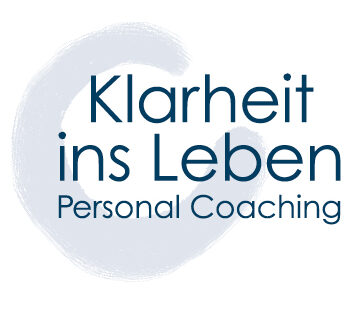Workshops
Not only solving problems – but resolving them
Only “either … or ” – there’s more!
Discover in an exciting, guided process through the combination of emotional perception and conscious decisions from several perspectives and levels, how supposed hurdles, dead ends, obstacles and difficult or conditional ideas for solutions suddenly appear completely different.
This makes new approaches and astonishingly fast changes possible that have an immediate and lasting effect.
The workshop lasts approx. 4 hours and includes individual process work suitable for private and professional contexts.
The relationship blueprint:
The patterns of our choice of partner and partnership
This workshop reveals the unconscious patterns according to which we get involved with certain partners (the “prey pattern”) and yet often fail or are not happy in relationships with them. The unconscious relationship offer we make to such people originates in our relationship with our parents: through their example we have learned how relationships (supposedly) work – this forms the “blueprint “* in us for how and with whom we seek and form relationships.
For people who have difficulties finding a partner, who again (and again) end up with the “wrong person”, who repeatedly experience the failure of their own relationship or who recognise destructive behavioural patterns in their relationships, a questioning of this blueprint is literally inevitable. Moreover, these types of relationships are very often geared towards compensating for one’s own (but mostly unperceived) deficits.
The aim of this workshop is not only to make people aware of their own blueprint, but also to dissolve its restrictive and destructive parts and replace them with their own positive models and values. Only then – with a clarified ego – is a free, self-determined and authentic relationship possible, in which both partners can live in their own fullness and feel loved as they are.
The workshop lasts approx. 7 hours and includes individual process work.
* Blueprint: detailed pattern, (behavioural, assessment) template.
***
If a reasonable number of interested people are known or can be found in the region where you live, I will be happy to offer the workshop in your region by arrangement.
Lectures
Systemic Constellations
In familys, relationships, work and leisure, people live as part of groups – and are subject to the effects of dynamics whose origins or motives usually remain hidden. The systemic constellation, often known as “family constellation”, is a highly efficient instrument to make such dynamics perceptible and subsequently to clarify and, if necessary and possible, to change them.
This information evening will explain the method: learn comprehensive details about processes and providers, types and work/topic areas, limits and possibilities, expected results and examples – and get answers to your personal questions.
– 60 minutes, followed by time for dialogue
Finding a partner – know who, know how
Even if the online world would have us believe it: the partner who really suits us is neither a dime a dozen nor “every 11 minutes” nor in every bar … and the one who has just broken up is certainly not followed by the next and at least better one. And if we keep choosing the same kind of partner – even though it doesn’t do us any good and/or we keep failing with it – it’s not without reason: we unconsciously follow certain patterns – a kind of “master plan”.
So it takes some awareness and knowledge about oneself to be able to recognise “Mr. or Mrs. Right” at all – and even more it is about this “special feeling” that some know and all are looking for … and yet it is different for everyone.
This lecture explains – about the power of imprints, beliefs and other backgrounds … and helps to start a successful ‘finding a partner‘.
– 60 minutes, followed by time for dialogue
Orders of power
The fact that every piece of information and action only receives its meaning in a context also applies to companies and organisations – however, Hellinger’s “orders of love” and his described needs, bonding and balancing dynamics focus on family systems … and cannot be translated 1:1 into “orders of power” as a conceptual framework for working with organisations, especially since membership in these is mutually optional.
Dealing with power in a company as a structuring “impulse network with an effect intention” (analogous to a nervous system) and its effect on goals, employees, profit, development, marketing and environment can only be comprehensively understood in the context of its environment (market, customers, competitors, regulations) and the dynamics operating within the organisation.
The latter result from the mission of the company as well as the “company code” or that of the leader(s): Which values are recognised or should apply?
The lecture shows the differences between family systems and organisations and the types of power that can be found in them.
– 60 minutes, followed by time for dialogue
